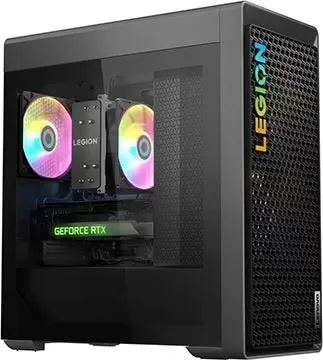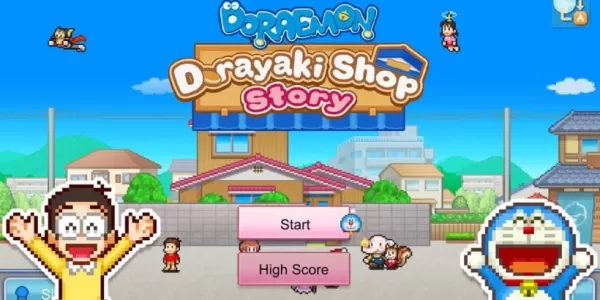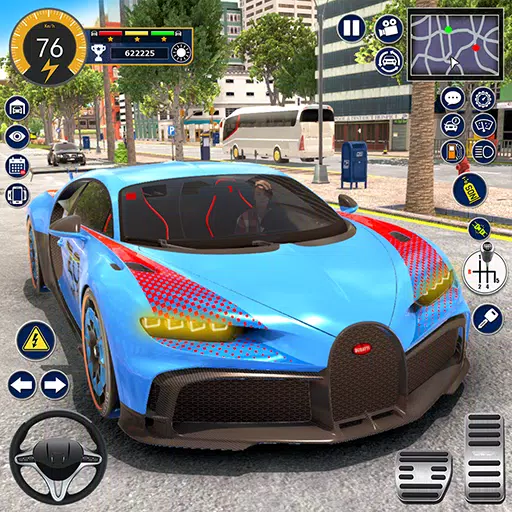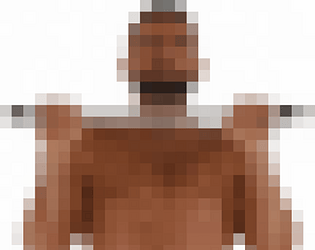In a landmark case highlighting the evolving battle against video game piracy, Japanese police have made their first arrest related to the modification of Nintendo Switch hardware. A 58-year-old man was apprehended on January 15, suspected of breaching the Trademark Act by altering Switch consoles to play pirated games and subsequently selling them.
The suspect reportedly modified second-hand Switch consoles by welding altered parts onto their circuit boards, enabling them to run 27 illegally obtained games. These modified consoles were sold for around ¥28,000 ($180) each. The man has confessed to the charges and is under further investigation for potential additional violations.
Nintendo, a long-standing target of piracy, continues to combat this issue rigorously. In May 2024, the company issued a takedown request for 8,500 copies of the Switch emulator Yuzu, following the emulator's removal two months earlier. Nintendo's lawsuit against Yuzu's creator, Tropic Haze, revealed that their flagship title, The Legend of Zelda: Tears of the Kingdom, was pirated a million times before its official release in 2023.
Legal efforts to curb piracy are intensifying, with Nintendo achieving significant victories. In 2021, the game file-sharing site RomUniverse was ordered to pay $2.1 million in damages to Nintendo, following a similar case in 2018 where it was fined over $12 million. Additionally, Nintendo's actions led to the blocking of the GameCube and Wii emulator Dolphin from being released on the Steam platform.
This week, Koji Nishiura, Assistant Manager of Nintendo's Intellectual Property Division, shed light on the company's stance on piracy and emulation. He noted, "To begin with, are emulators illegal or not? This is a point often debated. While you can’t immediately claim that an emulator is illegal in itself, it can become illegal depending on how it’s used."































